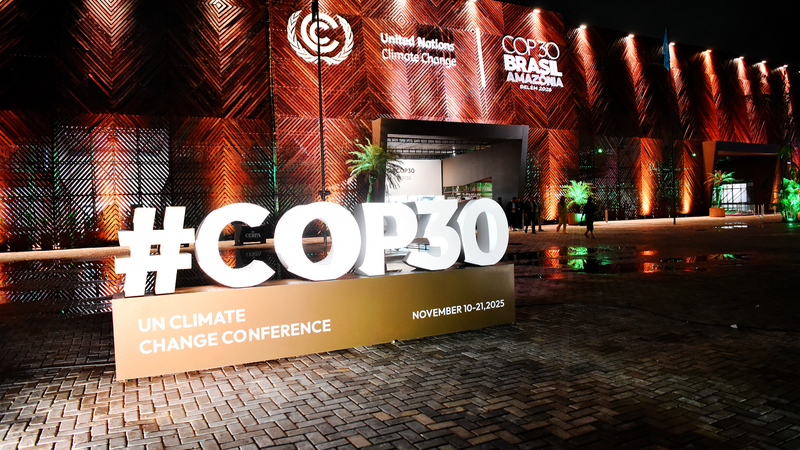A new UN report, released on November 11 at the 30th United Nations climate change conference (COP30) in the Brazilian Amazon, spotlights how non-state actorsities, businesses and civil society groups re stepping up to lead global climate action.
The study highlights three key arenas where these actors are making waves:
- Cities as catalysts: Local governments are driving innovations in renewable energy, green infrastructure and resilient urban planning, tailoring solutions to the unique challenges of their communities.
- Businesses in transition: Corporations across sectors are adopting science-based targets, investing in clean technologies and rethinking supply chains to cut emissions and boost sustainability.
- Civil society's drive: NGOs, community groups and grassroots networks are mobilizing funds, raising awareness and implementing nature-based solutions, from reforestation to coastal restoration.
By showcasing successful initiatives, the report calls on national negotiators and international bodies to forge stronger partnerships with non-state actors, ensuring that local insights and innovations shape global climate policies.
As COP30 continues this week in Belm, experts say integrating these bottom-up approaches into national and international strategies could accelerate progress toward the Paris Agreement goals, paving the way for a more sustainable future.
Reference(s):
UN report highlights key role of non-state actors in climate action
cgtn.com




